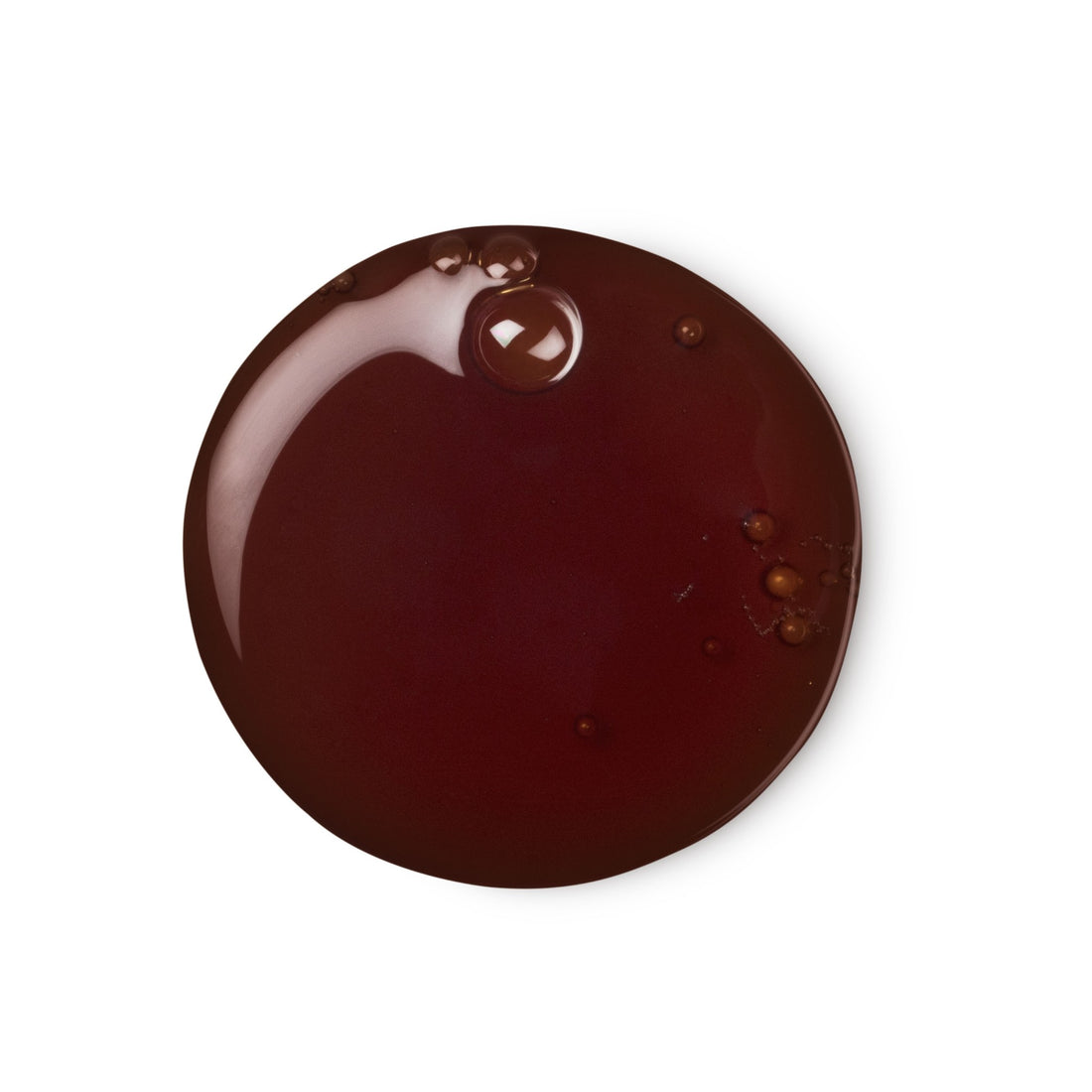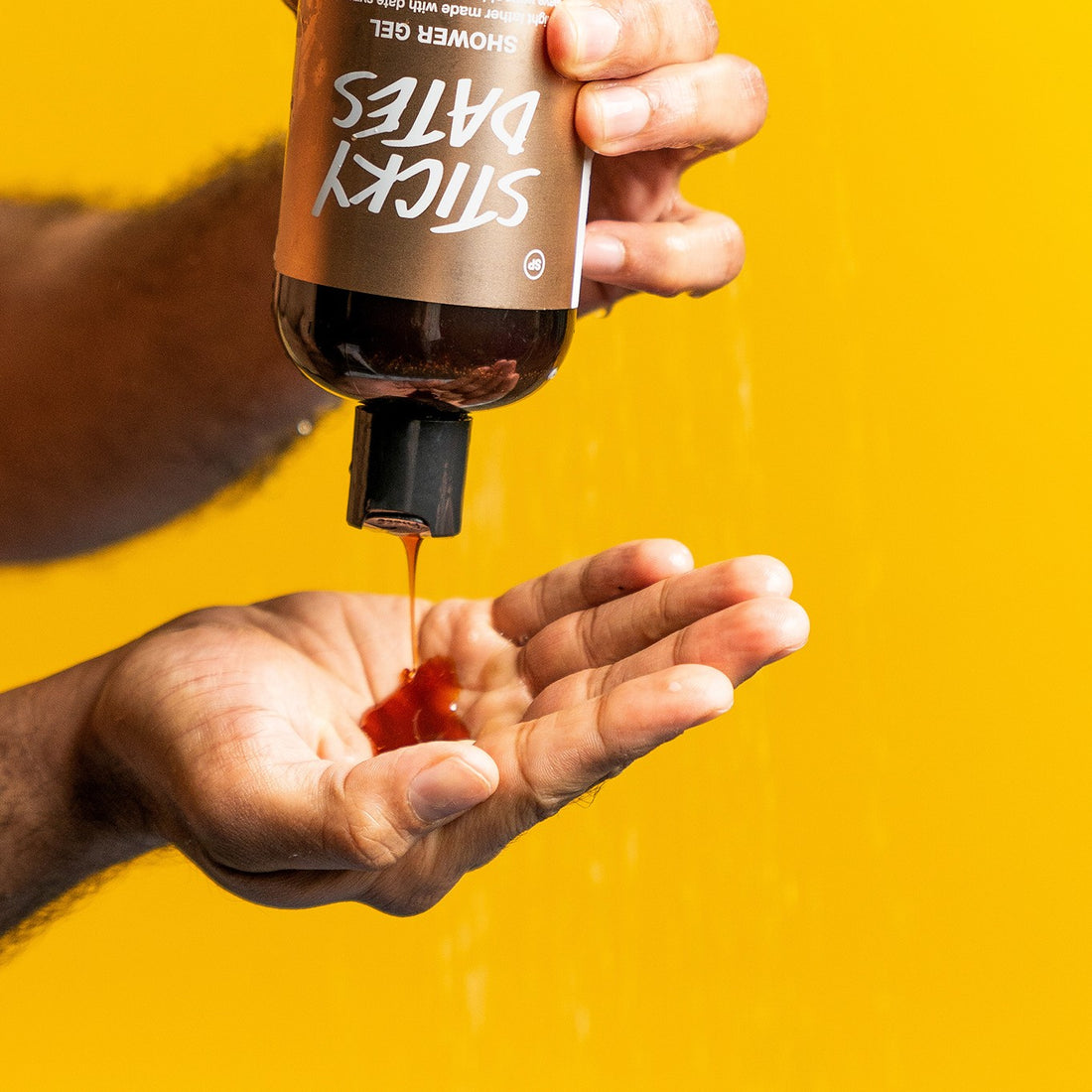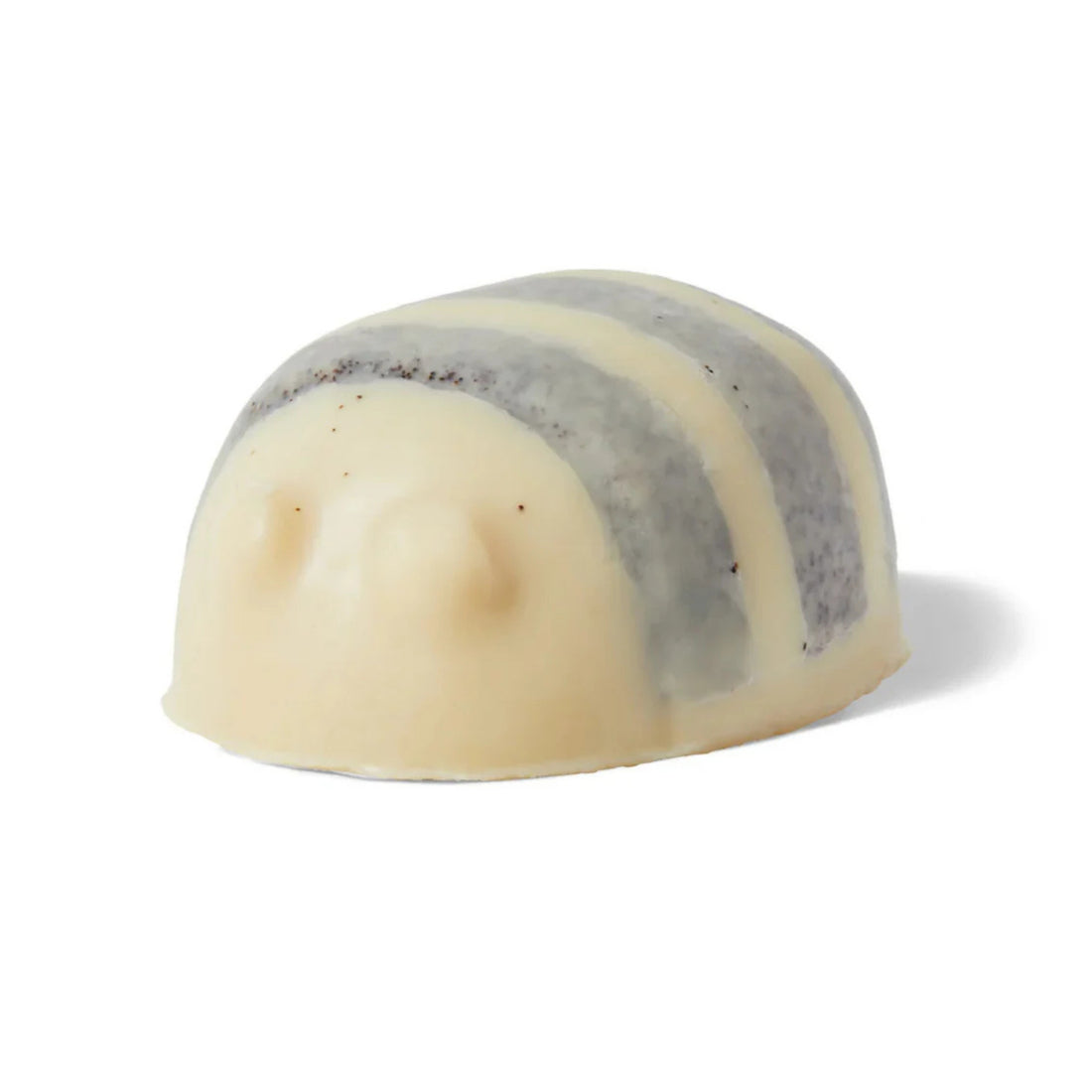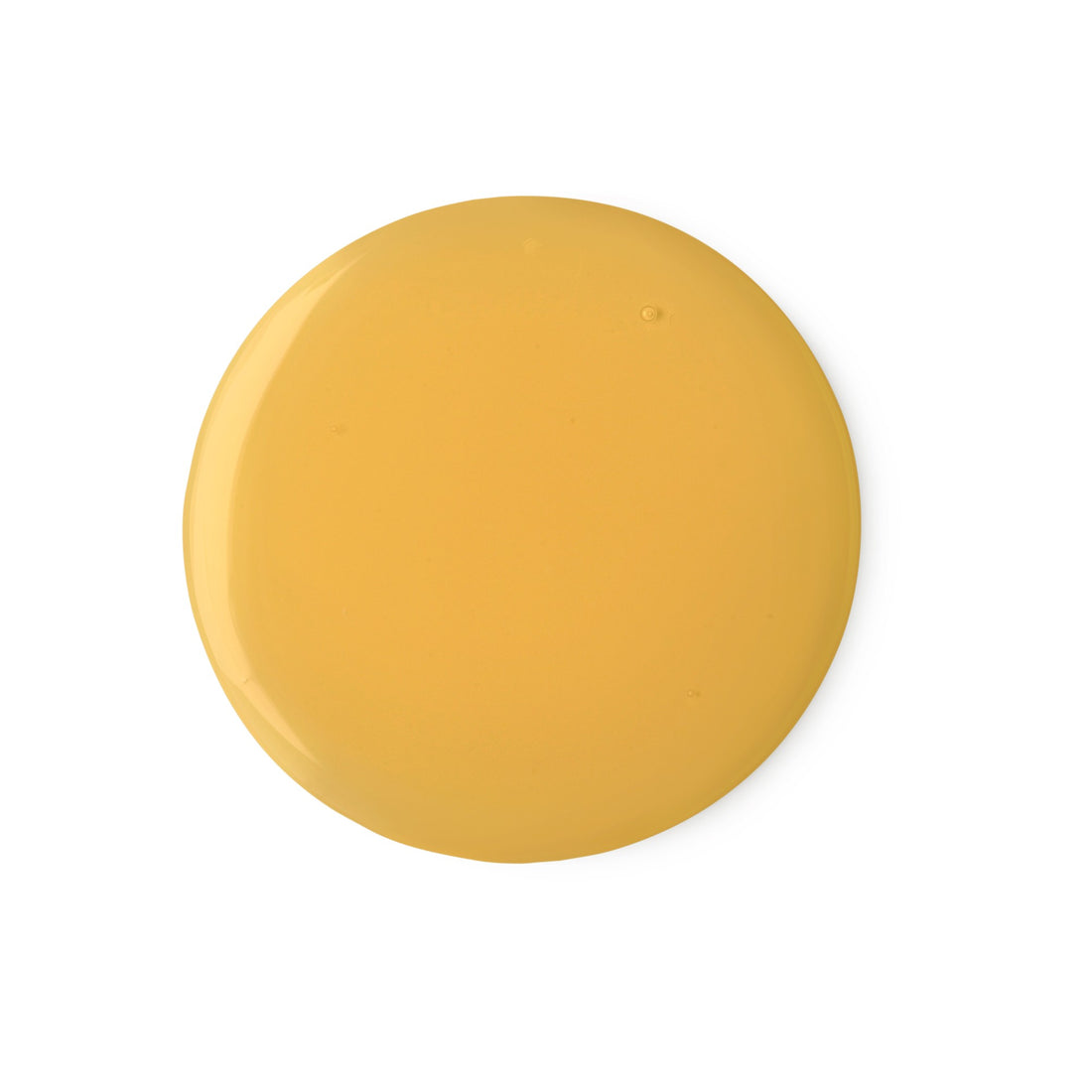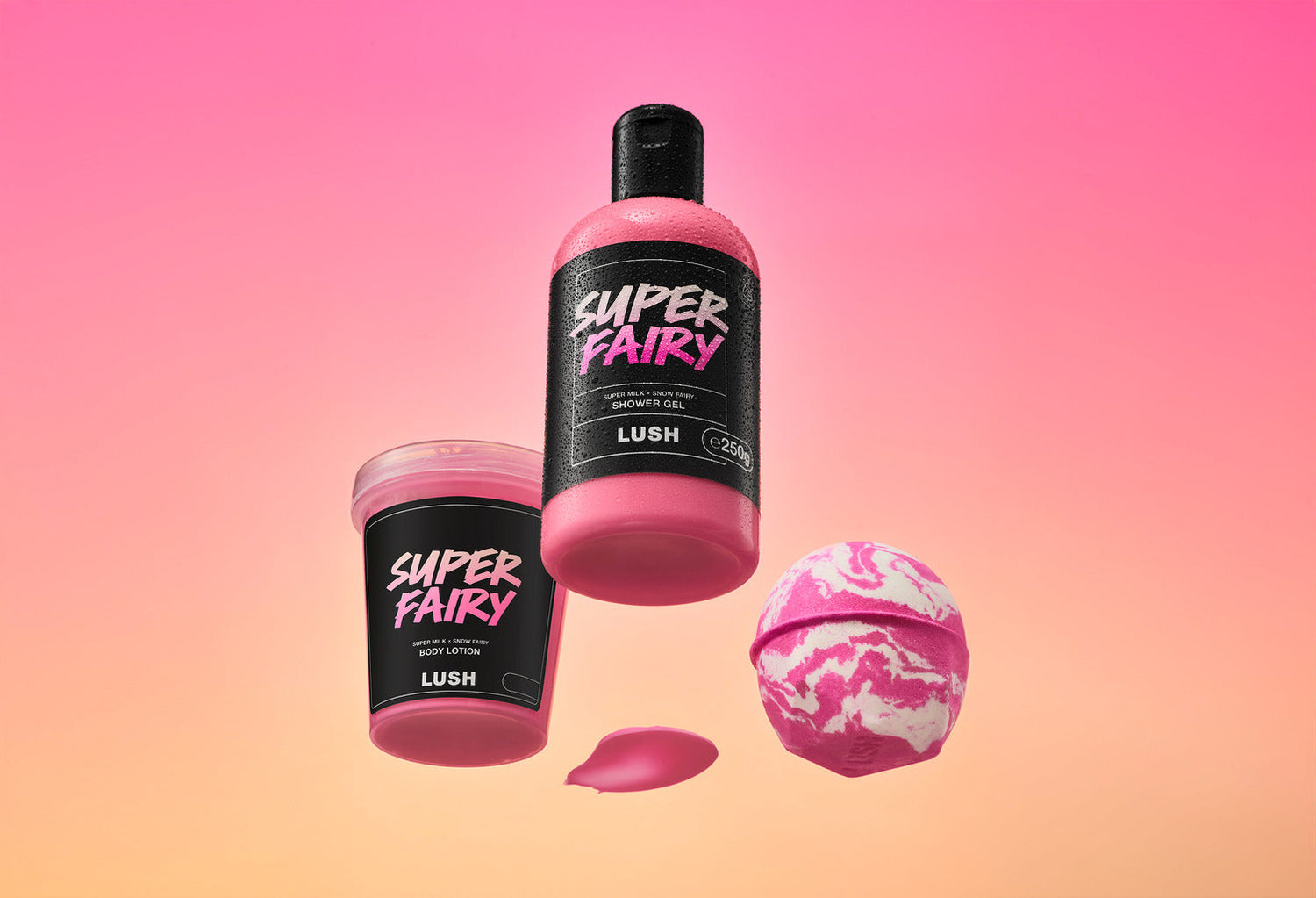A green diamond of luscious rainforest glimmers in the heart of the west coast of Africa, spanning the size of New York City. Home to the pygmy hippopotamus and over 300 species of birds, the Gola Rainforest National Park is a treasured haven for wildlife in Sierra Leone. Internationally recognised as a ‘biodiversity hotspot’, more than half of the plants found in the national park are unique and indigenous to the region. Despite the national park’s protected status, this paradise for endangered species has come under threat.
In the face of adversity
Sierra Leone has faced extreme adversity in recent history, from military violence to a health crisis, to exploitative industrial practices. A decade-long civil war ravaged the country from 1991, killing at least 50,000 people and displacing hundreds of thousands of others. The Gola Rainforest, once more than five times its size, has fallen victim to deforestation from mining, logging and damaging agricultural practices, fuelled by profit-driven pressures from foreign companies. Very little of the financial wealth created by these extractive industries has remained in Sierra Leone.
The Ebola crisis in 2014 saw over 15,000 Sierra Leoneans infected, causing the loss of livelihoods for countless others. Ebola plunged many rural farmers, who make up about 70% of the workforce, into difficult times. Many cocoa farmers, unable to sell their produce during the Ebola crisis, were forced to neglect their crops. Rural communities and the cocoa industry in Sierra Leone were in desperate need of revitalisation. Then a few years later, when covid-19 halted the world; the problems were compounded further.
The path to abundance
In a country that has faced such extreme crises and exploitation, what does the path to equity look like? Regenerative agriculture could offer some solutions.
Regenerative agriculture is a pathway to abundant yields and holistic ecosystem health that also encompasses human community and ‘social ecology’ into the living system. It can also provide a platform for social justice and workers’ rights.
Tradin Organic, one of Lush’s existing cocoa butter suppliers, noticed an opportunity to contribute to a more equitable farming system. With the vision of encouraging the social and economic health of forest edge farming communities, they aimed to discourage further deforestation while replanting the rainforest and increasing biodiversity.
In 2017, Tradin Organic established a local subsidiary and has since been working with regenerative agriculturalists and organic growers to create farmer field schools. Several years later, the supplier has grown strong relationships with about 30,000 local farmers, helping them obtain organic, fair trade and various other certifications. These credentials allow farmers to sell their produce for a much better price, with fair trade guaranteeing a minimum and protecting from pricing fluctuations of the market.
Cocoa: butter for better times
Traceability in cocoa value chains can be a real challenge, making it hard to hold traders and buyers accountable. Child labour has often permeated the cocoa industry, especially in West Africa, although this is believed to be less of a widespread issue in Sierra Leone due to farms being smaller in size and family-owned. To further support Sierra Leonean farmers in building on practices that put a central value on the livelihoods and working conditions of rural farming communities, Tradin Organic partners with a reputable child safety organisation to help curb the possibility of dangerous labour practices and provide economical means and incentives to prevent incidences of child labour.
The latest figures from 2023 show the supplier now has 153 operational field schools, each welcoming around a hundred farmers. Most schools have a demonstration plot and many also have a seedling nursery. This program, which continues to grow, reaches more than 10,000 farmers who can experience the benefits of effective organic and regenerative farming agriculture for themselves. By intercropping food trees amongst cocoa in a healthy and diverse polyculture, farmers are able to work towards food sovereignty, growing nutritious and culturally appropriate foods for their households and communities, while also expanding and replenishing the Gola Rainforest.
The latest effort has been to use this infrastructure to deliver training and demos on dynamic agroforestry systems. This project, financially supported by the European Union, will continue over the next three years. A lot of new biomass and biodiversity is going to be generated!
Positive ripples
One central tenet of regenerative agriculture, and other regenerative design systems like permaculture or agroecology, is about creating cascading benefits throughout the whole system. How can communities be designed in ways that create health and abundance for everyone and everything within the community, and beyond?
Lush has used this principle and put it into the form of a product: Charity Pot Coin. 100% of proceeds (minus the sales tax) of this naked, vegan body lotion, are pooled into a fund which offers grants to grassroots charities and campaigns working in the areas of animal protection, human rights and environmental protection. The ingredients of the Charity Pot Coin are carefully sourced in line with Lush’s Ethical Buying Policies. The cocoa beans sourced from Sierra Leonean farmers bordering the Gola Rainforest are fermented and dried by the farmers and then sent to the Crown of Holland facility in the Netherlands to be processed into top quality Fair Trade Organic Cocoa Butter. This becomes one of Charity Pot Coin’s skin-softening ingredients.
Seeing green
Moving forward, Tradin Organic Sierra Leone are increasing their support across the bioregion. The company soon hopes to offer climate-positive cocoa, meaning that the agriculture practices sequester more carbon than the process creates. This is a beacon of optimism for such a widely used food and cosmetic ingredient.
With the devoted reforestation work by forest-edge farming communities, the lustre of Sierra Leone’s green diamond is returning, offering hope for fairer farming practices and for the rich biodiversity of the Gola Rainforest.
This article was last updated in August 2023.



